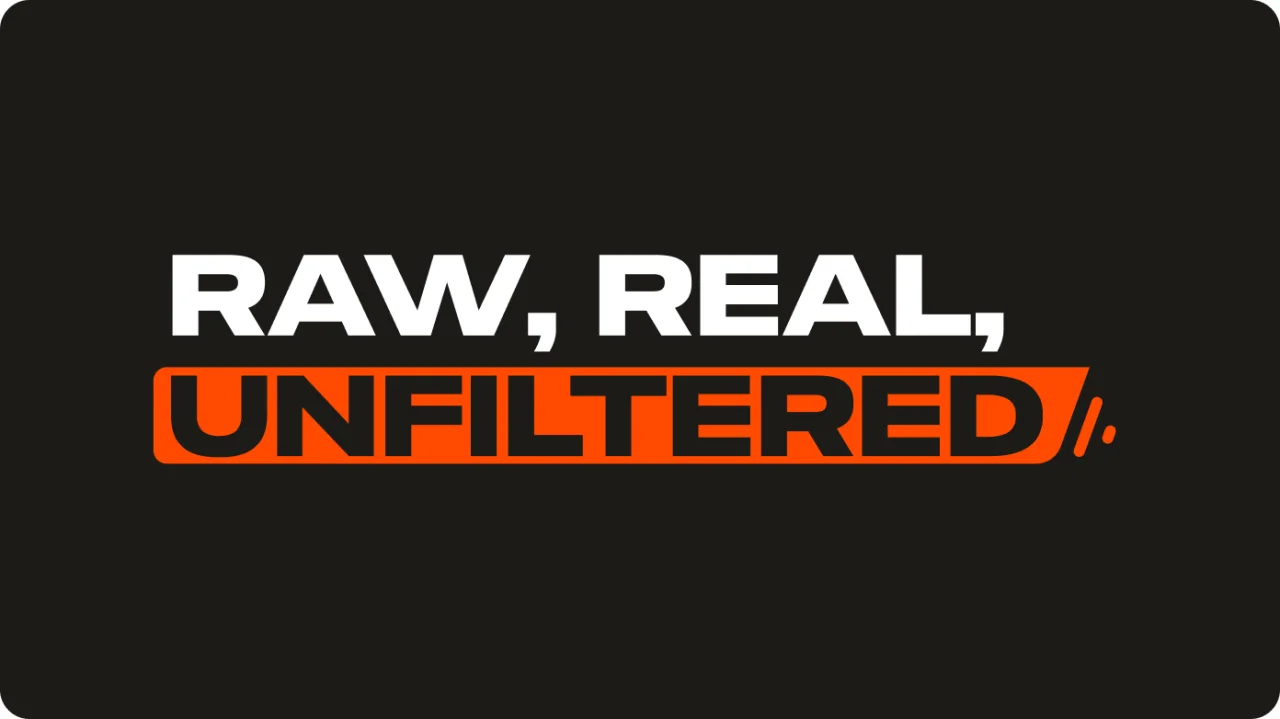Understanding the Cost to Start a Business
One of the first questions most entrepreneurs ask is, How much does it cost to start a business? The answer depends on several factors, such as the type of business, location, and the services you require. Here are some key tips and considerations for starting a business on a budget.
Startup Costs Vary by Business Type and Location
Deciding what type of business you want to run and where plays a major role in determining your startup costs. Some businesses cost less to set up than others due to differences in licensing requirements, equipment needs, location, and operational complexity.
For example, service-based businesses like consulting, dog walking, or social media management often require minimal startup costs, such as a computer and an internet connection.
In contrast, businesses that involve manufacturing, retail inventory, or a physical storefront typically demand more upfront investment for equipment, inventory, or commercial space.
Your business location can also affect costs, including rent, permits, utilities, and wages. Urban areas often cost more than rural or home-based setups.
Business Structure Costs
Your business structure can influence your taxes, liability, and cost. Sole proprietorships or limited liability companies (LLCs) are usually the most cost-effective structures.
Sole proprietorship
A sole proprietorship (SP) is the most cost-effective business structure because it’s simple to start and maintain. Most states don’t need you to file formal paperwork, but some may require a business name registration. There are minimal fees, no separate tax filings, and few legal requirements. A SP is ideal for entrepreneurs looking to minimize startup and administrative costs. The downside is that you face unlimited liability if your business encounters legal disputes or debts.
LLC (limited liability company)
Depending on the state, an LLC can cost more to establish than a sole proprietorship. However, it protects your personal assets from business liabilities and offers flexible tax options. The added security and long-term advantages justify the slightly higher cost for many.




